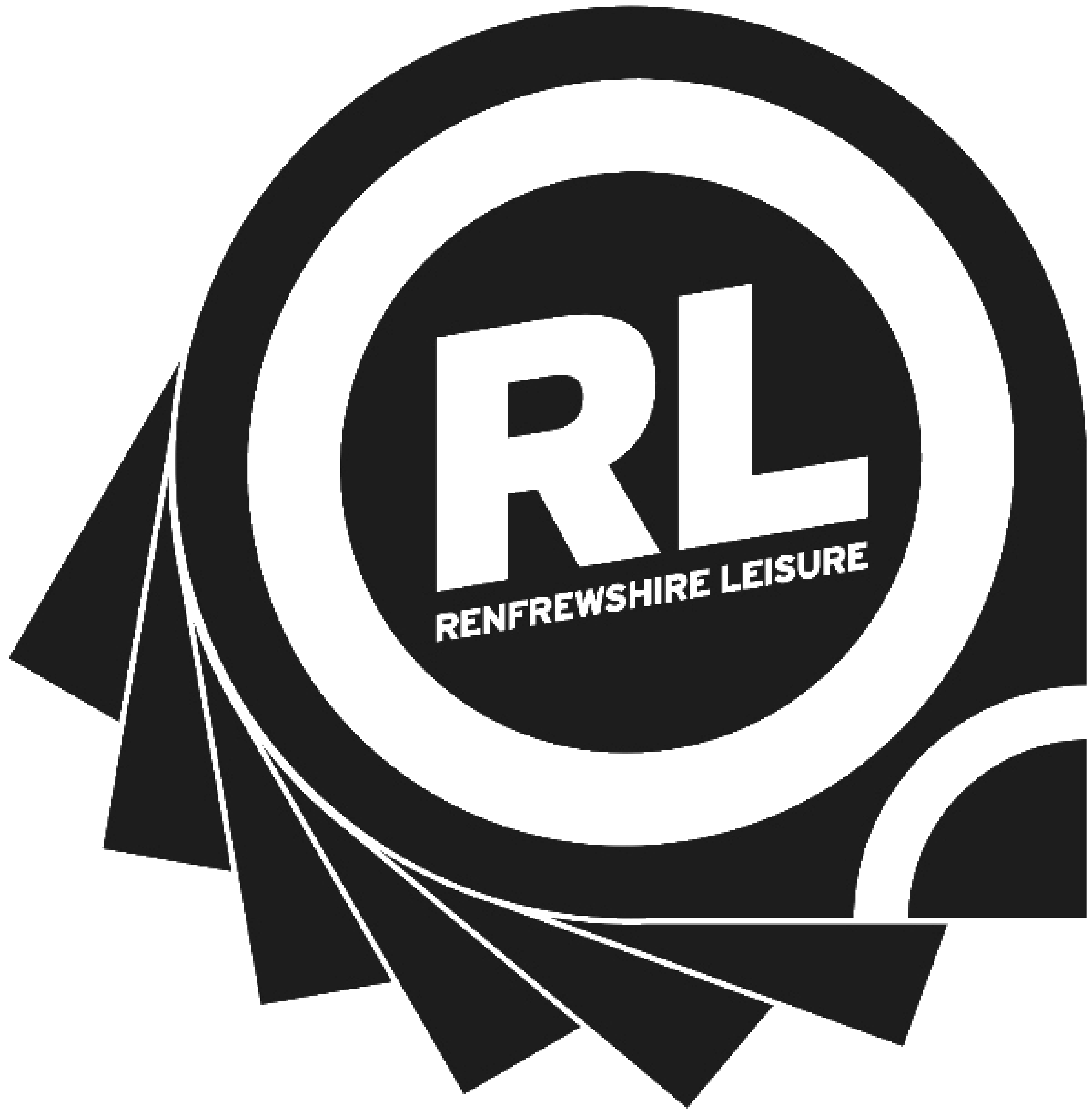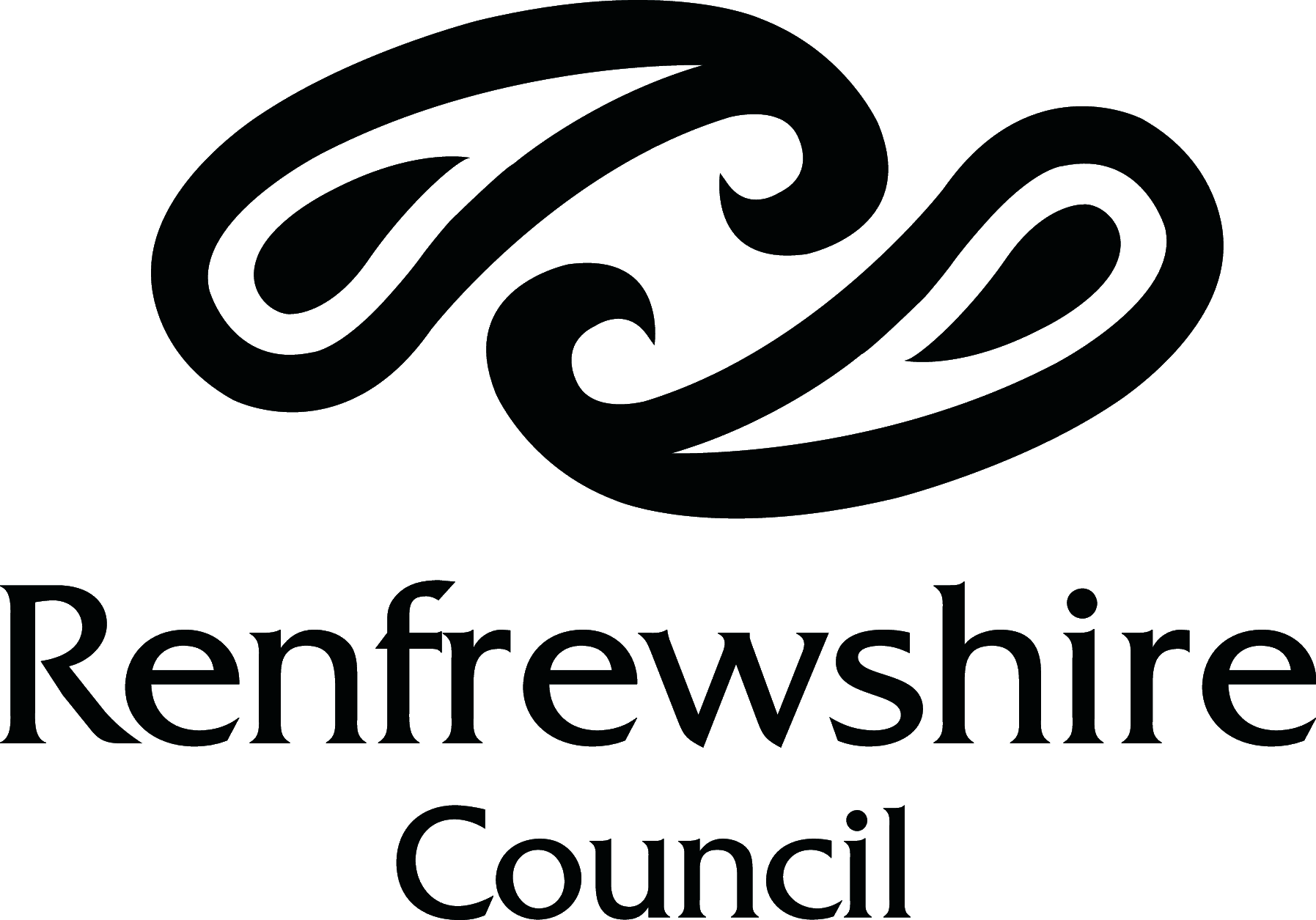Writing Dystopias
 23 Feb 2021
23 Feb 2021
By Joe Smith
Whether the discussion is on Utopian or Dystopian fiction, sci-fi or fantasy, you can be absolutely sure you are diving headlong into one of the most cerebral and intellectually charged genres around. This event - Writing Dystopias with Katie Hale (My Name is Monster) and Adam Roberts (The End of the World) did not disappoint.
The coming together of two great dystopian writers, with a very lively and inquisitive audience, was a recipe for an electrically charged evening. On this occasion, it did not take long to get down to serious discussions with some current big topics and important questions being addressed.
Katie began the session by asking the key question, ‘why are humans so obsessed by our apocalyptic demise?’ Adam suggested that our own mortality, the fact that we know we will one day die, inclines us to imagine our own death within the context of the death of everyone. He added to this some historical context drawing upon his understanding of the role of art in human societies. The Great classical works of art were tragedies, providing, as Aristotle suggests, a cathartic effect, as we purge ourselves of our worst fears.
There is a long line of utopian writing which includes Plato, and Thomas Moore continuing with something of proliferation of the genre in the late 19th /early 20th century. Yet now, the discussants suggested, utopian literature is almost extinct, replaced by a proliferation of contemporary dystopian works, evident in the success of apocalyptic Hollywood blockbusters.
Speculating on the significance of utopia soon led the discussion towards the human condition, something the two writers broadly agreed was characterised by hopefulness.
For Katie all dystopias have a hidden utopia in the background, and emerge from the fact that we, as a species, need hope. Her own novel My Name is Monster is a utopian novel in a dystopian setting. Very insightfully, Katie points out that contemporary dystopias, such as Margaret Attwood’s The Handmaid’s Tale, has a degree of utopia in it. For the men of Gilead it is a utopia, and the fact that it highlights the (current) problems of relations between men and women, makes it potentially utopian (or, at least, anti-dystopian).
Adam was more pessimistic and he suggested that utopian fiction lacked a critique of society, and that dystopian forms of fiction were necessary to facilitate a point of attack, the generative influence of conflict perhaps. More darkly, he also pointed out the contradictions that exist between utopia and dystopia using the example of Hitler for whom Mein Kampf promised, what seemed to him, a ‘utopian future’.
COVID-related issues took up a great deal of the discussion and provided a useful lens through which to view dystopian related themes. Firstly, the pandemic represents an unusual existential threat. Unlike a zombie invasion, or an alien attack, the best way to fight it is to vaccinate and enforce passivity through lockdown. Secondly, it is a means by which we can learn to adapt. Adam noted that those in the US who prepared for the end of the world, stockpiling guns and tins of food, prepared to shoot whatever was coming over the hill, quickly realised that surviving this pandemic required lots of friends, not ammunition and a bunker. In relation to the Zizekian point about people more easily imagining the end of the world than an end to a market-based economy, it was acknowledged that contradictions of the pandemic were starting to emerge. Capitalism demands that we are too busy to sit down, think, read, resist, yet it took the pandemic to create the conditions (for some) to stop, philosophise and meditate. Yet this new Nirvana of lockdown can be such a horrible experience for so many.
The final question from the audience queried by both authors chose dystopia as a genre to highlight what needs changing in society, rather than taking a realist approach.
For Katie, dystopian writing was a good technical device to really explore social interactions. Her book captured the intensity that could only be brought about by the creation of a world with only two people in it. An apocalyptic event, for Katie, provided a blank canvas and a clear focus on exactly what is wrong with society. Her book is like minimalist theatre, just two beings, all alone.
Adam stated he has absolutely no desire to write realist fiction preferring to make use of the distinct advantage sci-fi has over realist forms, in its metaphoric quality.
For those who attended this event, it will be apparent there was much more to the fascinating discussion than can be conveyed in a blog. For those who were unable to attend, I strongly recommend that you watch the recording.
If you missed Writing Dystopias you can watch again with this link until 26th March here. Katie and Adam's books are available to purchase here.
There's still time to register for tickets for Paisley Book Festival events here.





